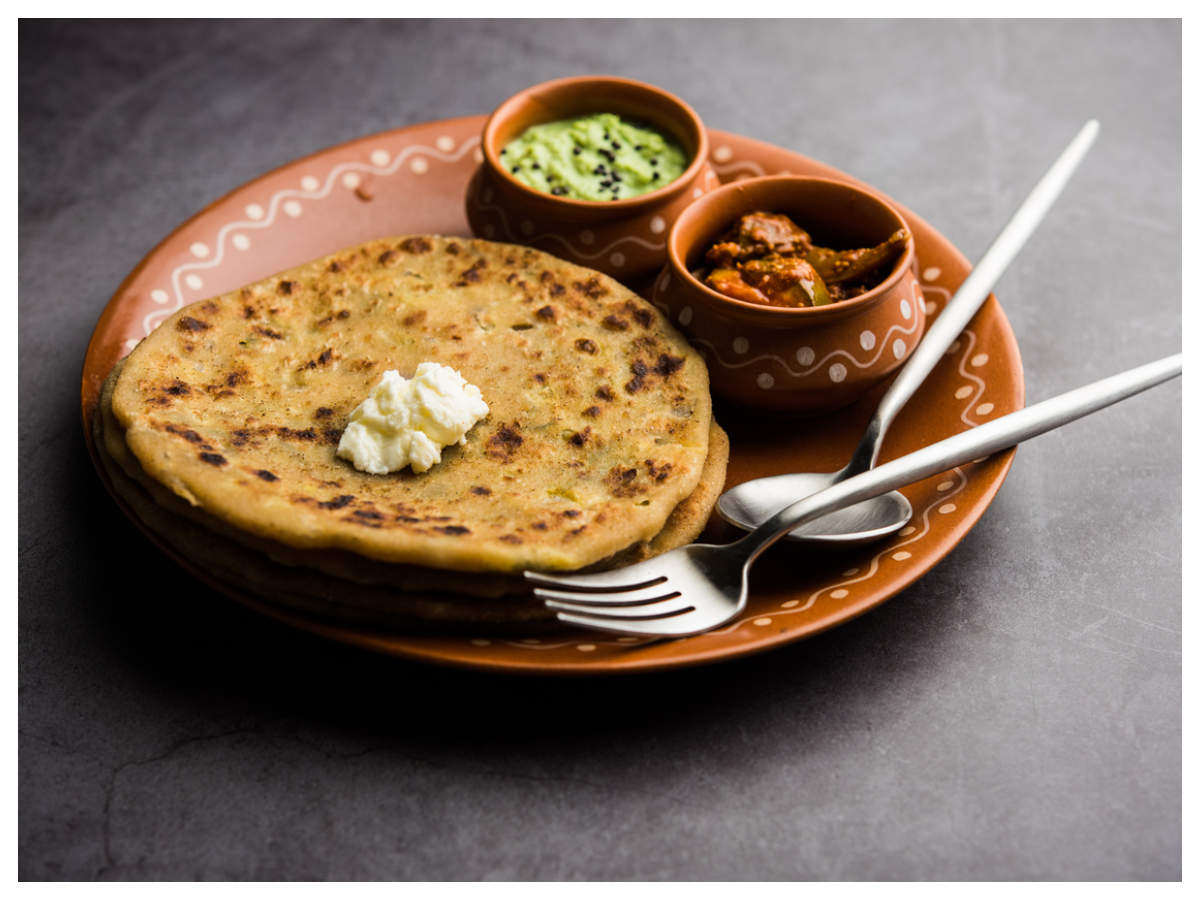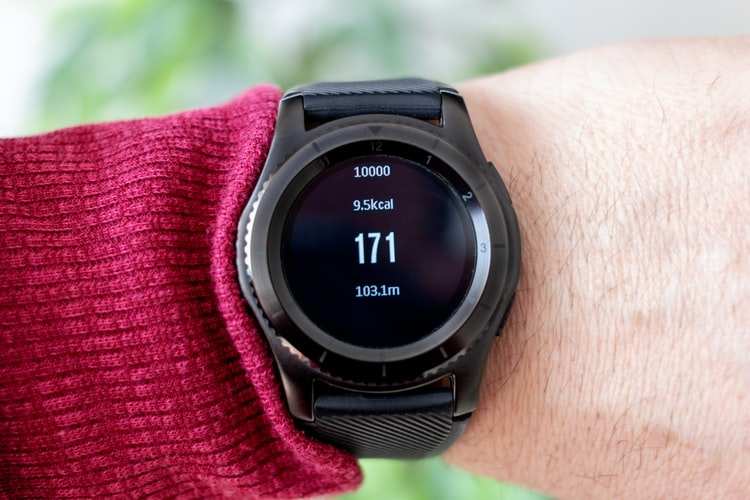4th lowest spender on health, 9th worst in securing worker rights: India’s inequality surged in pandemic

Afghanistan and India set aside the same share for health in their budgets, 4%, just above a quarter of the recommended spending and one-third of what the poorest country in the world, Burundi, did. And that may have affected how far people were shielded from the Covid-19 outbreak, the latest ‘Commitment to Reducing Inequality Index 2020’ by international charity Oxfam says.
Globally, the report found, only 26 of the 158 countries surveyed were spending the recommended 15% of their budgets on health. “Nigeria, Bahrain and India, which is currently experiencing the world’s fastest-growing outbreak of Covid-19, were among the world’s worst performing countries in tackling inequality going into the pandemic,” the Oxfam press statement said.
The survey data show India spent less than 4% of its budget on health and ranked 155th on the health spending index. “Its health budget is the fourth lowest in the world. Just half of its population have access to even the most essential health services,” the report said.
The trend is consistent across South Asia — Pakistan spent just above 4% of its budget on health, Nepal and Bangladesh spent 5%. With less public spending, more people have to shell out their own money for health emergencies, the Oxfam data show. “This is particularly damaging when just half of India’s population (55%) has access to even the most essential services, and more than 70% of health spending is being met from household budgets (one of the highest levels in the world). This has left the country woefully ill-prepared to deal with the coronavirus pandemic,” the report said.
For the economic fallout of the pandemic, India was even worse prepared. “India, which has weak labour rights and a high incidence of vulnerable employment (about 75%), is eighth from the bottom,” the report said. India and Haiti are the only countries outside Africa in the bottom 10. In both Bangladesh and Pakistan, 57% of the workers are vulnerable — which takes into account wages, rights, conditions of work. In Nepal, it’s a little higher than India, at 79%.
“Most workers earn less than half of the minimum wage; 71% do not have any written job contract and 54% do not get paid leave. Only about 10% of the workforce in India is formal, with safe working conditions and social security,” the report said. “At the bottom of the public services pillar ranking, South Asian countries in particular are doing far too little to fight inequality. India, Nepal and Sri Lanka are all in the bottom 10, and Bangladesh is 16th from the bottom of the list.”
Where India has improved in tackling inequality is in its tax rankings — going from 91st in 2017 to 50th in 2018 (when the last report was published) and 19th now. Globally, low-income nations have been more tax-progressive, the report said, by which it means they are collecting closer to the amount they should be. In India, “the government abolished a wealth tax introduced way back in 1957,” it added.
All of this, together, put India at the 129th position out of 158 countries, an improvement on the 147th rank (out of 157) last time in 2018 and close to the 132nd rank (out of 152) it got in 2017.
“We know that policies such as free public healthcare, safety nets for people who can’t work, decent wages and a fair tax system, have been proven to fight inequality,” Matthew Martin, author of the report and Development Finance International’s director, said in a statement. “Failure to implement them is a political choice ?one that Covid-19 has exposed with catastrophic economic and human costs.”
Globally, the report found, only 26 of the 158 countries surveyed were spending the recommended 15% of their budgets on health. “Nigeria, Bahrain and India, which is currently experiencing the world’s fastest-growing outbreak of Covid-19, were among the world’s worst performing countries in tackling inequality going into the pandemic,” the Oxfam press statement said.
The survey data show India spent less than 4% of its budget on health and ranked 155th on the health spending index. “Its health budget is the fourth lowest in the world. Just half of its population have access to even the most essential health services,” the report said.
The trend is consistent across South Asia — Pakistan spent just above 4% of its budget on health, Nepal and Bangladesh spent 5%. With less public spending, more people have to shell out their own money for health emergencies, the Oxfam data show. “This is particularly damaging when just half of India’s population (55%) has access to even the most essential services, and more than 70% of health spending is being met from household budgets (one of the highest levels in the world). This has left the country woefully ill-prepared to deal with the coronavirus pandemic,” the report said.
For the economic fallout of the pandemic, India was even worse prepared. “India, which has weak labour rights and a high incidence of vulnerable employment (about 75%), is eighth from the bottom,” the report said. India and Haiti are the only countries outside Africa in the bottom 10. In both Bangladesh and Pakistan, 57% of the workers are vulnerable — which takes into account wages, rights, conditions of work. In Nepal, it’s a little higher than India, at 79%.
“Most workers earn less than half of the minimum wage; 71% do not have any written job contract and 54% do not get paid leave. Only about 10% of the workforce in India is formal, with safe working conditions and social security,” the report said. “At the bottom of the public services pillar ranking, South Asian countries in particular are doing far too little to fight inequality. India, Nepal and Sri Lanka are all in the bottom 10, and Bangladesh is 16th from the bottom of the list.”
Where India has improved in tackling inequality is in its tax rankings — going from 91st in 2017 to 50th in 2018 (when the last report was published) and 19th now. Globally, low-income nations have been more tax-progressive, the report said, by which it means they are collecting closer to the amount they should be. In India, “the government abolished a wealth tax introduced way back in 1957,” it added.
All of this, together, put India at the 129th position out of 158 countries, an improvement on the 147th rank (out of 157) last time in 2018 and close to the 132nd rank (out of 152) it got in 2017.
“We know that policies such as free public healthcare, safety nets for people who can’t work, decent wages and a fair tax system, have been proven to fight inequality,” Matthew Martin, author of the report and Development Finance International’s director, said in a statement. “Failure to implement them is a political choice ?one that Covid-19 has exposed with catastrophic economic and human costs.”
Download
The Times of India News App for Latest India News

Coronavirus outbreak
Trending Topics
LATEST VIDEOS
India
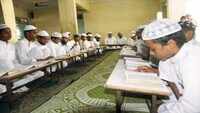 Assam govt to close down all state-run madrassas to be shut in Assam
Assam govt to close down all state-run madrassas to be shut in Assam  Talks won’t work with China anymore, warns US
Talks won’t work with China anymore, warns US 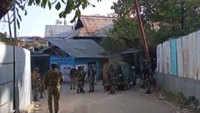 Pulwama encounter: LeT’s top commander Zahid Nazir Bhat neutralised
Pulwama encounter: LeT’s top commander Zahid Nazir Bhat neutralised 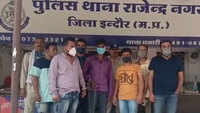 IPL betting racket busted in Indore, 6 arrested
IPL betting racket busted in Indore, 6 arrested  Watch: IAF’s C-17 Globemaster transport aircraft lands at Leh airbase with supplies for troops
Watch: IAF’s C-17 Globemaster transport aircraft lands at Leh airbase with supplies for troops  Watch: IAF’s Chinook helicopter carries out sortie from Leh airbase
Watch: IAF’s Chinook helicopter carries out sortie from Leh airbase
More from TOI
Navbharat Times
Featured Today in Travel
Quick Links
Coronavirus in MumbaiCoronavirus in KolkataCoronavirus in HyderabadCoronavirus in DelhiCoronavirus in BangaloreCoronavirus symptomsCoronavirus in IndiaWhat is CoronavirusCoronavirus NewsSolar EclipseNPRWhat is NRCCAB BillCAB and NRCRTI BillPodcast newsLok SabhaShiv SenaYSRCPCongressBJP newsUIDAIIndian ArmyISRO newsSupreme Court
Get the app
